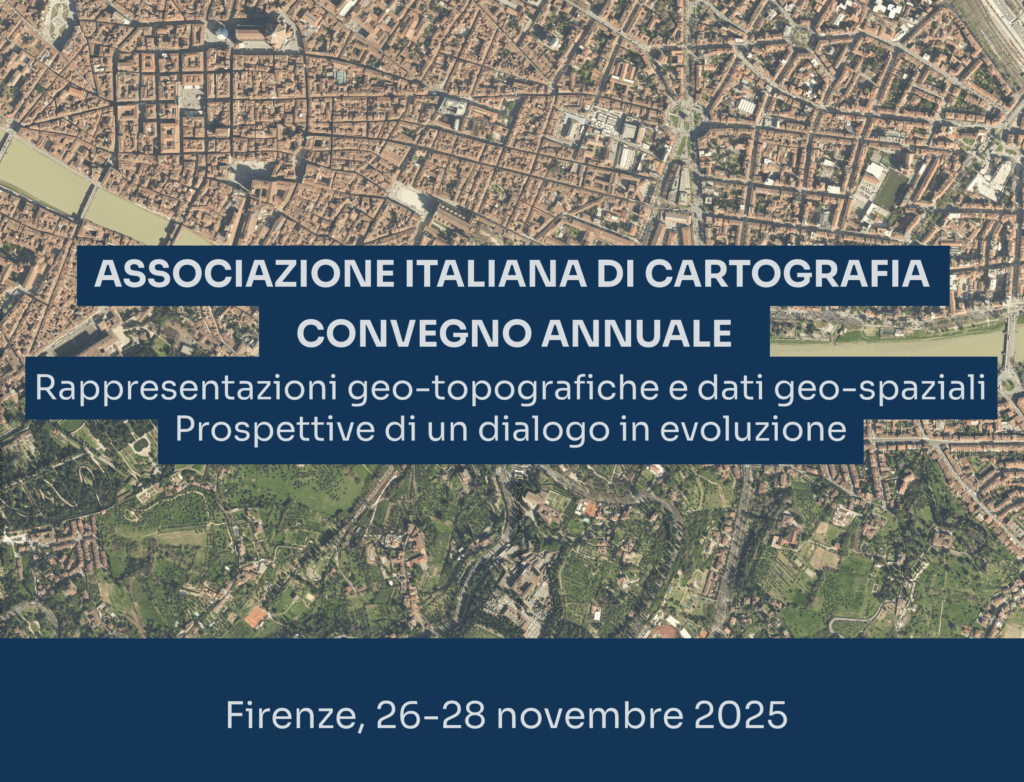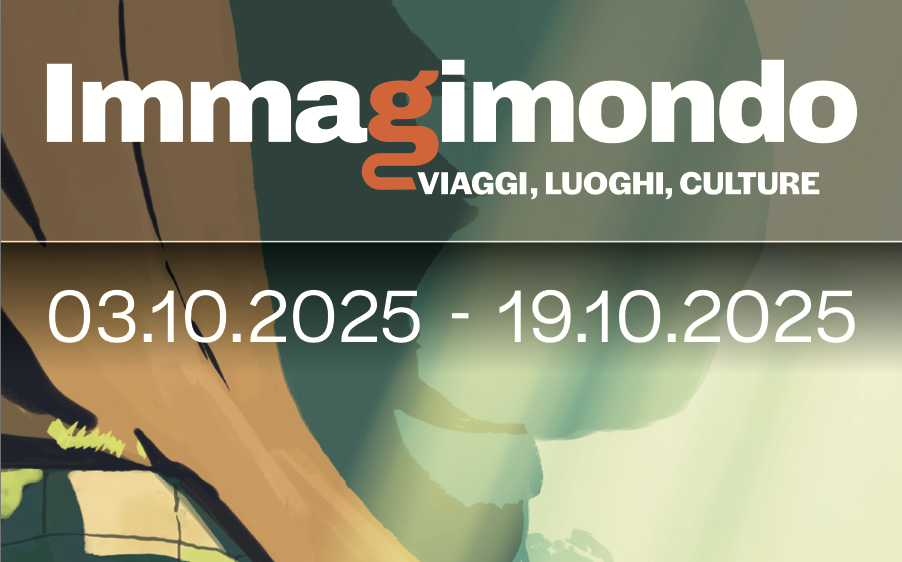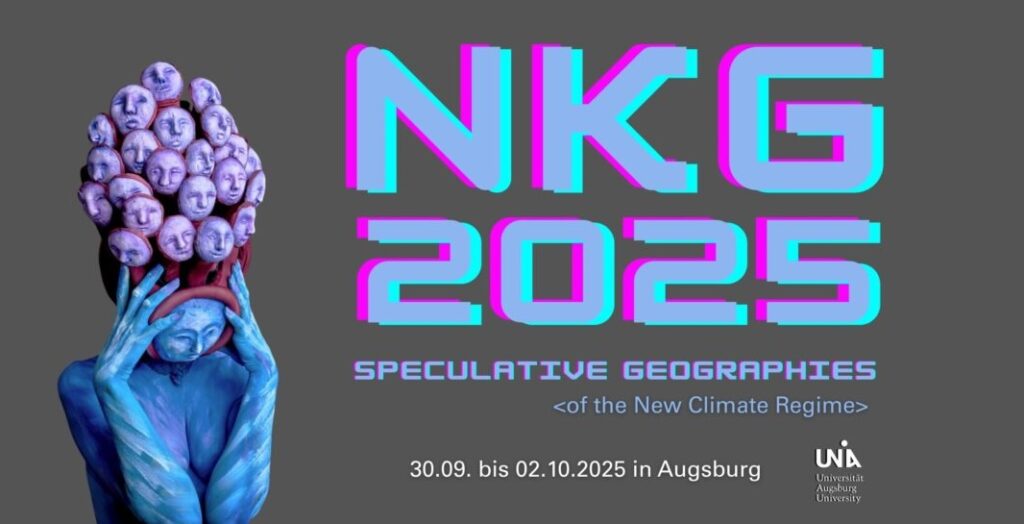89 Initiative Belgium chapter launches the “Regions” programme, directed by Daniele Ietri
The “Regions” program focuses on attempting to contribute in filling the gap between the urban and non-urban areas. This does not mean that we believe that non-urban territories have not been investigated or adequately considered by policies. We note, instead, that the non-urban territories are almost always scrutinized standing from an urban point of view: a consequence is, e.g., that they are usually defined with privative adjectives, such as: marginal, inner, peripheral, etc. Frequently, urban people (scholars, professionals, but even writers and reporters) “come down” to the non-urban areas in order to study them and this contributes to a narrative and to some extent also to the elaboration of policy options.
In the 89ers “Regions” program, we would like to contribute to the policy debate with a narrative in which the voices of the non-urban world, in which so many Europeans live, will be not represented by someone living (working, being educated, etc.) in a big city.
The research team will work with an open and interdisciplinary approach, starting from representative study areas, with two methodological pillars:
- listening. Thanks to the linguistic skills and local presence (chapters) of the 89ers, we will be able to access and share the richness of knowledge produced at the local level, eventually bringing it to higher levels of government or to the scholarly debate;
- walking. In order to put a place on the map and know more about it, it is necessary to go there. The research group will thus perform coordinated fieldwork in order to observe, hear, interview and collect information and stories, right there, in place.
The analysis of study areas will be conducted, listening and walking, in order to build comparisons and collect ideas and solutions, to inform and stimulate the decision makers both at the European and at the local level.



